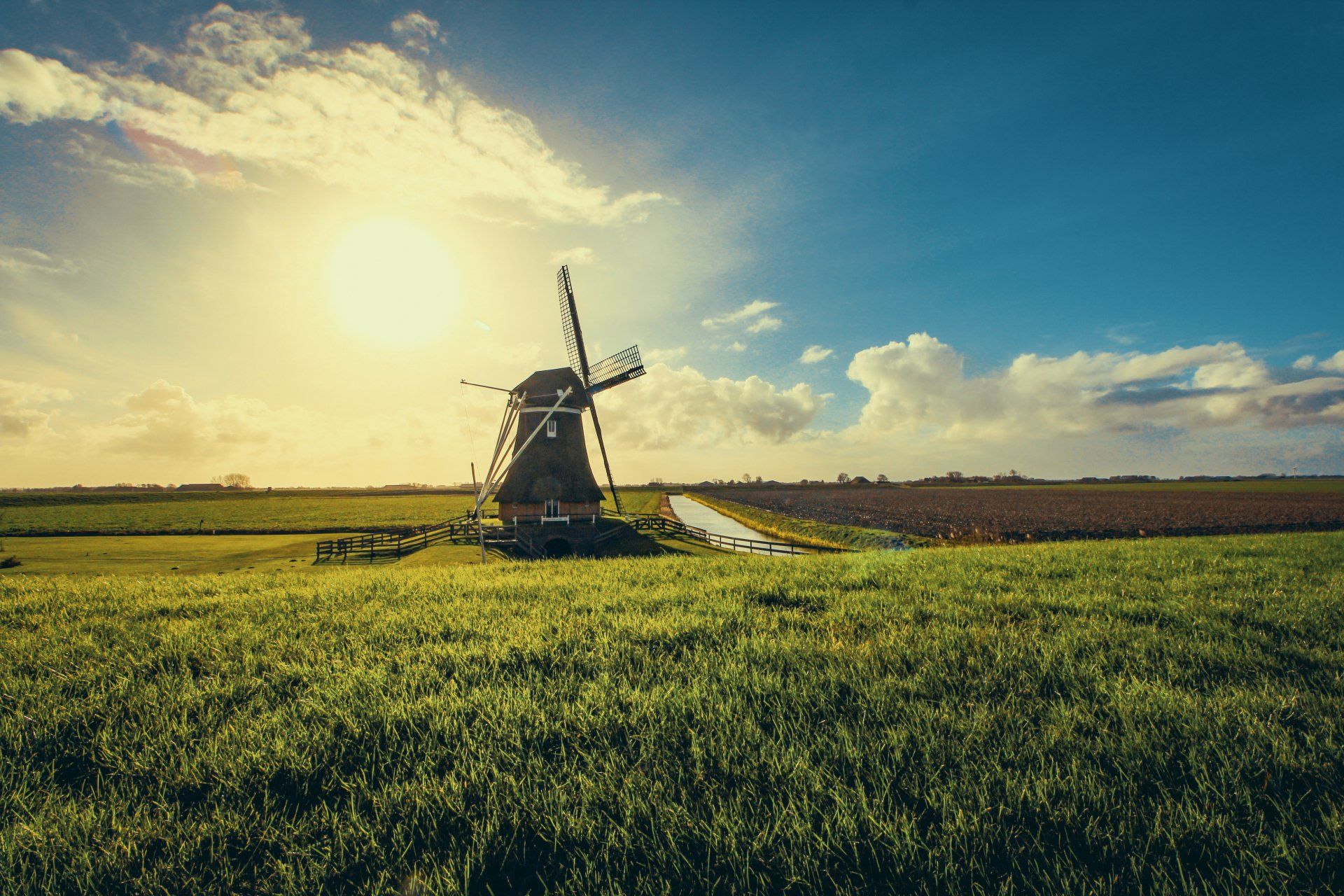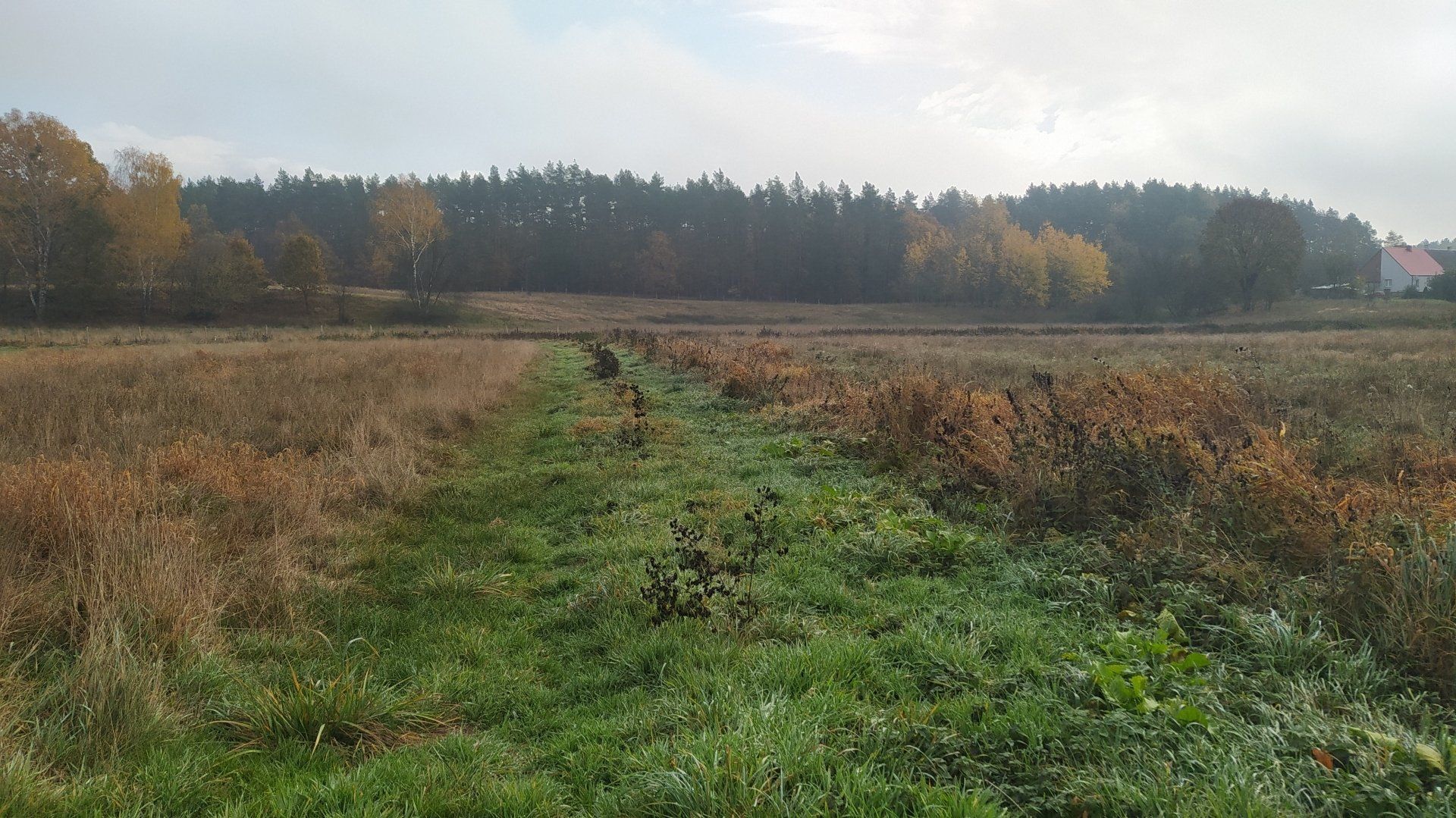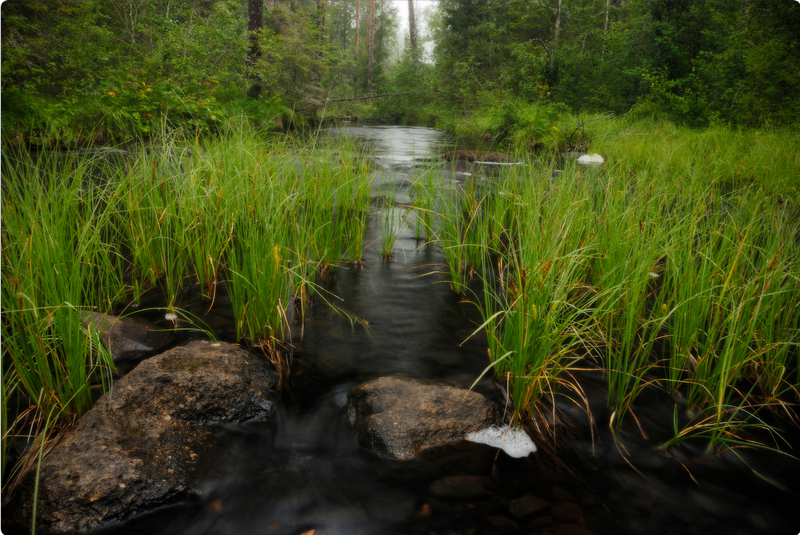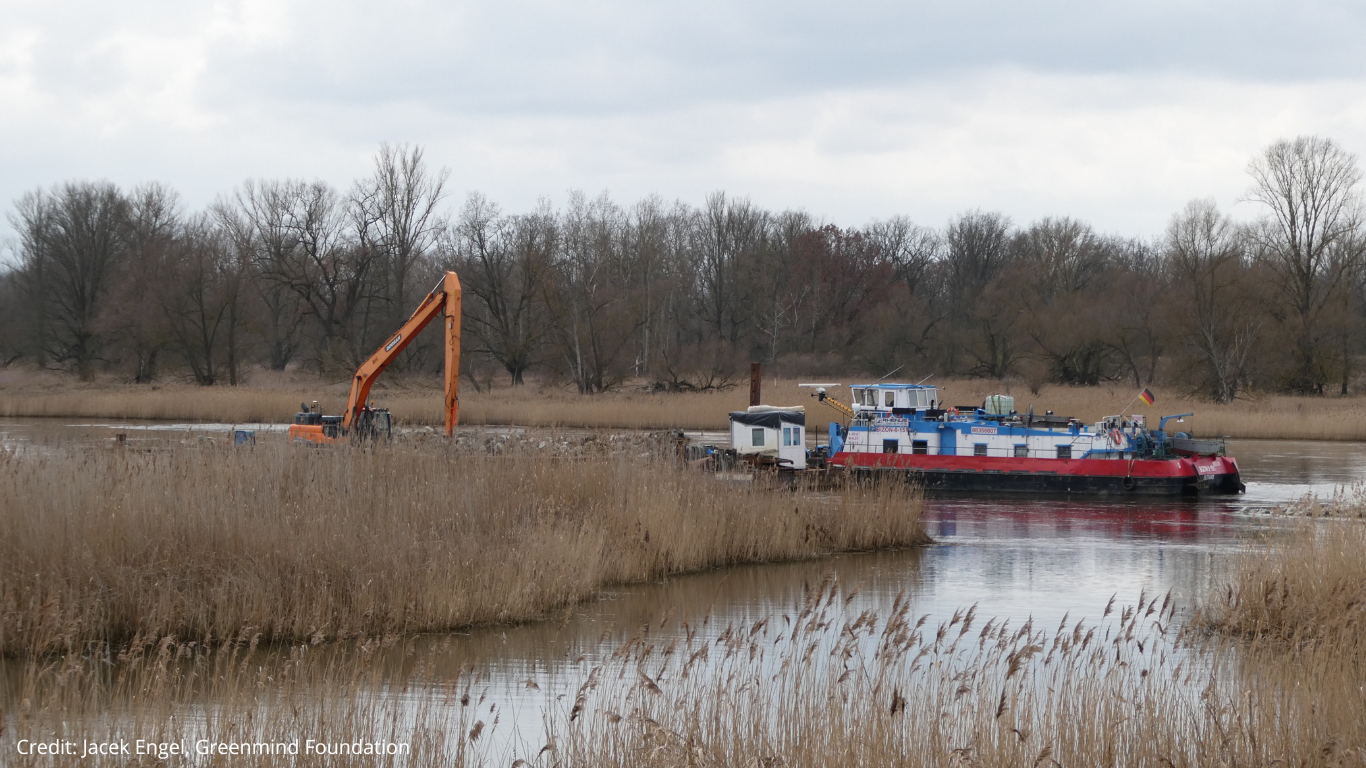Eutrophierung

CCB focused on targeted engaging and building awareness of actors and stakeholders at all levels, that are relevant for reducing nutrient inputs, including those in agriculture and water management sectors. It was done through sharing best practices and knowledge, i.a. on water saving and application of agri-environmental measures, advocacy for regional implementation of EU Circular Economy package and revised HELCOM BSAP including Baltic Sea Regional Nutrient Recycling Strategy, comprising of:
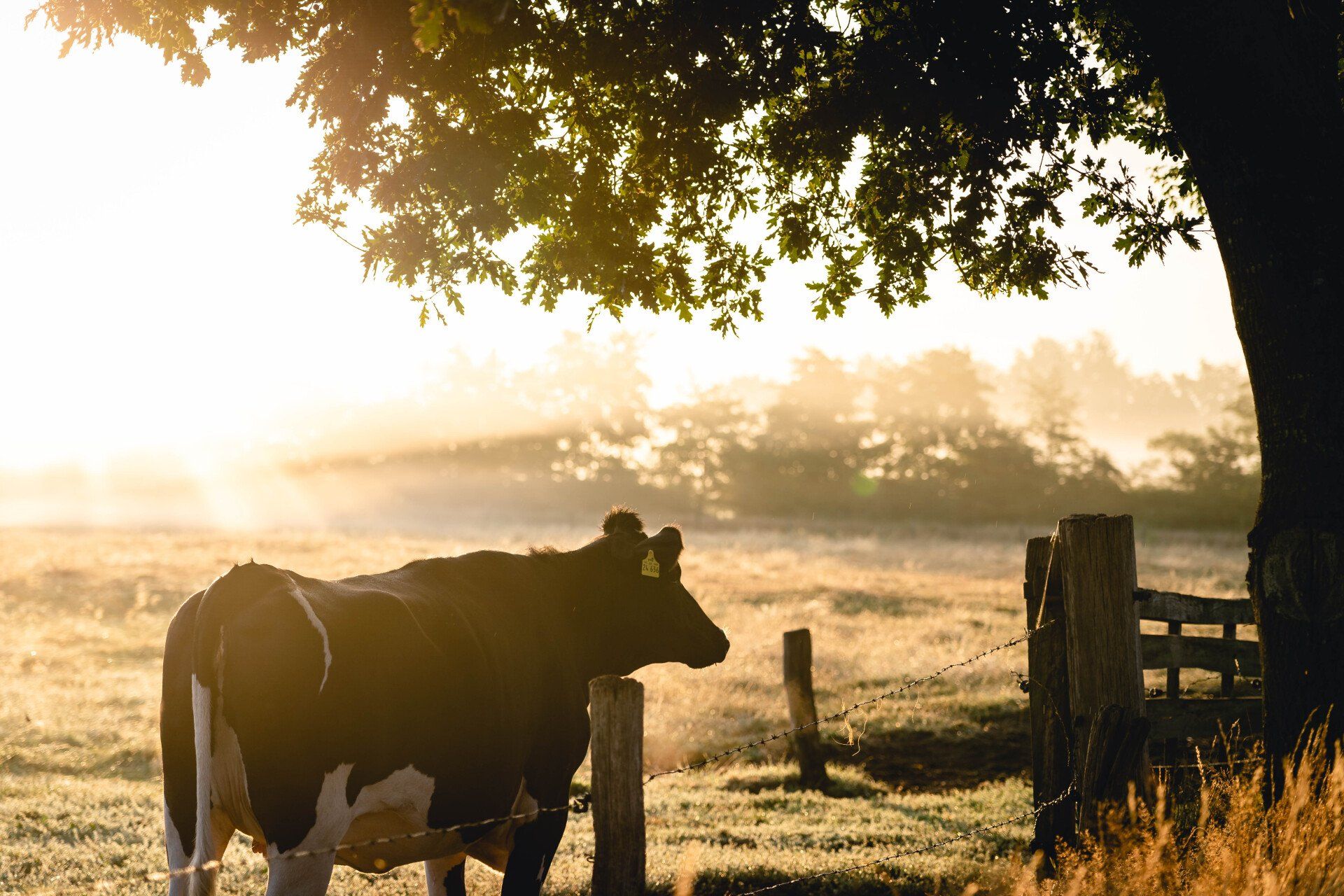
CCB plante im Jahr 2022 den Start eines Pilotprojekts zur Reduzierung der Nährstoffbelastung der Ostsee durch die Entwicklung von Lösungen für die Güllelagerung in der Kleinlandwirtschaft. Im russischen Teil des Ostseeeinzugsgebiets war eine Pilotfarm für Kleintiere geplant, auf der ein Modellsystem für die Güllebewirtschaftung entwickelt werden sollte.
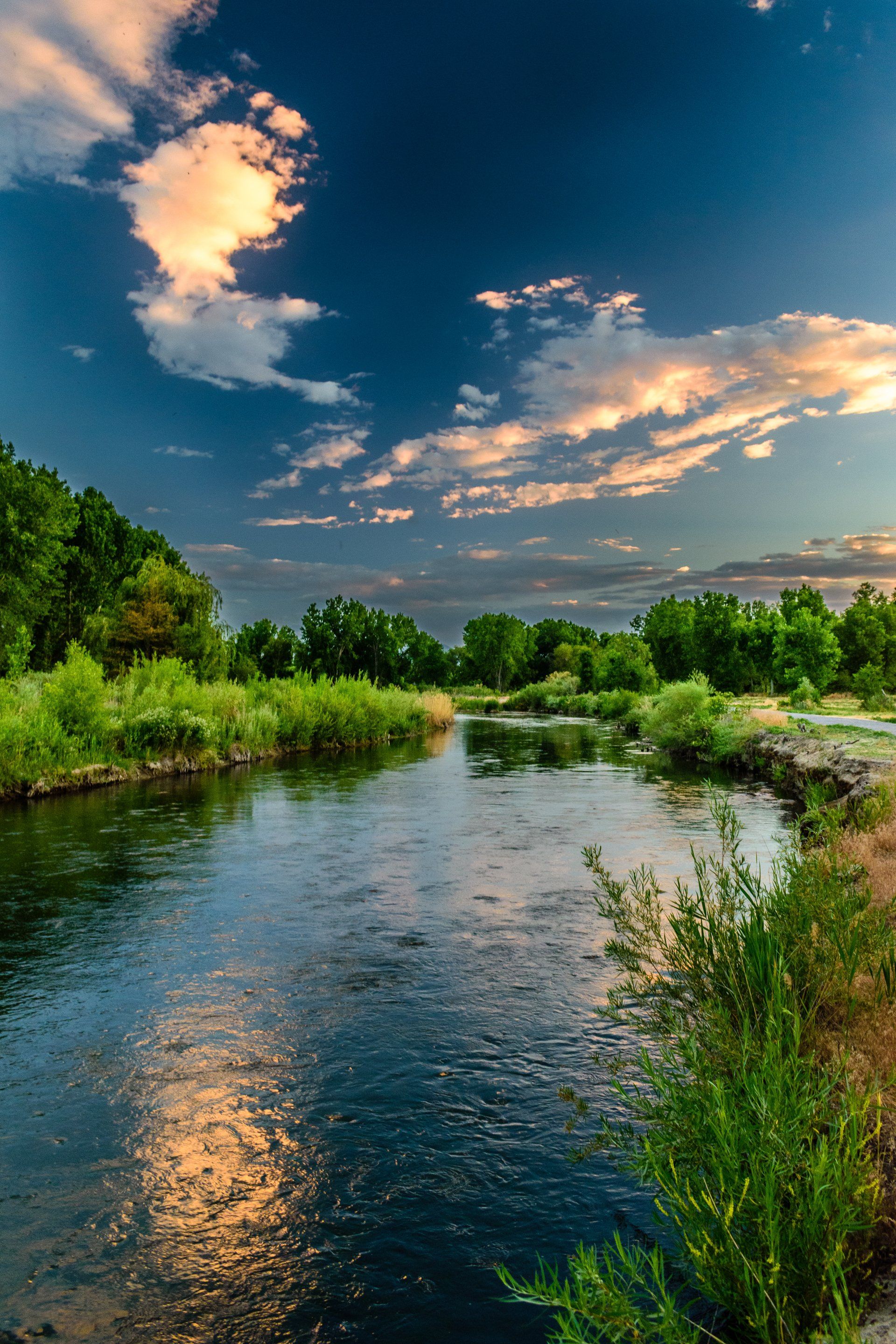
Im Jahr 2022 hat CCB mit der Ausarbeitung eines Berichts begonnen, der eine Bewertung der aktuellen Situation der Wasserbewirtschaftung in ausgewählten Ostseeländern vornimmt und den Status der natürlichen Rückhaltung in der Ostsee beschreibt, wie effizient die Wasserbewirtschaftungsplanung ist und welche Handlungsbereiche besonders erforderlich sind.
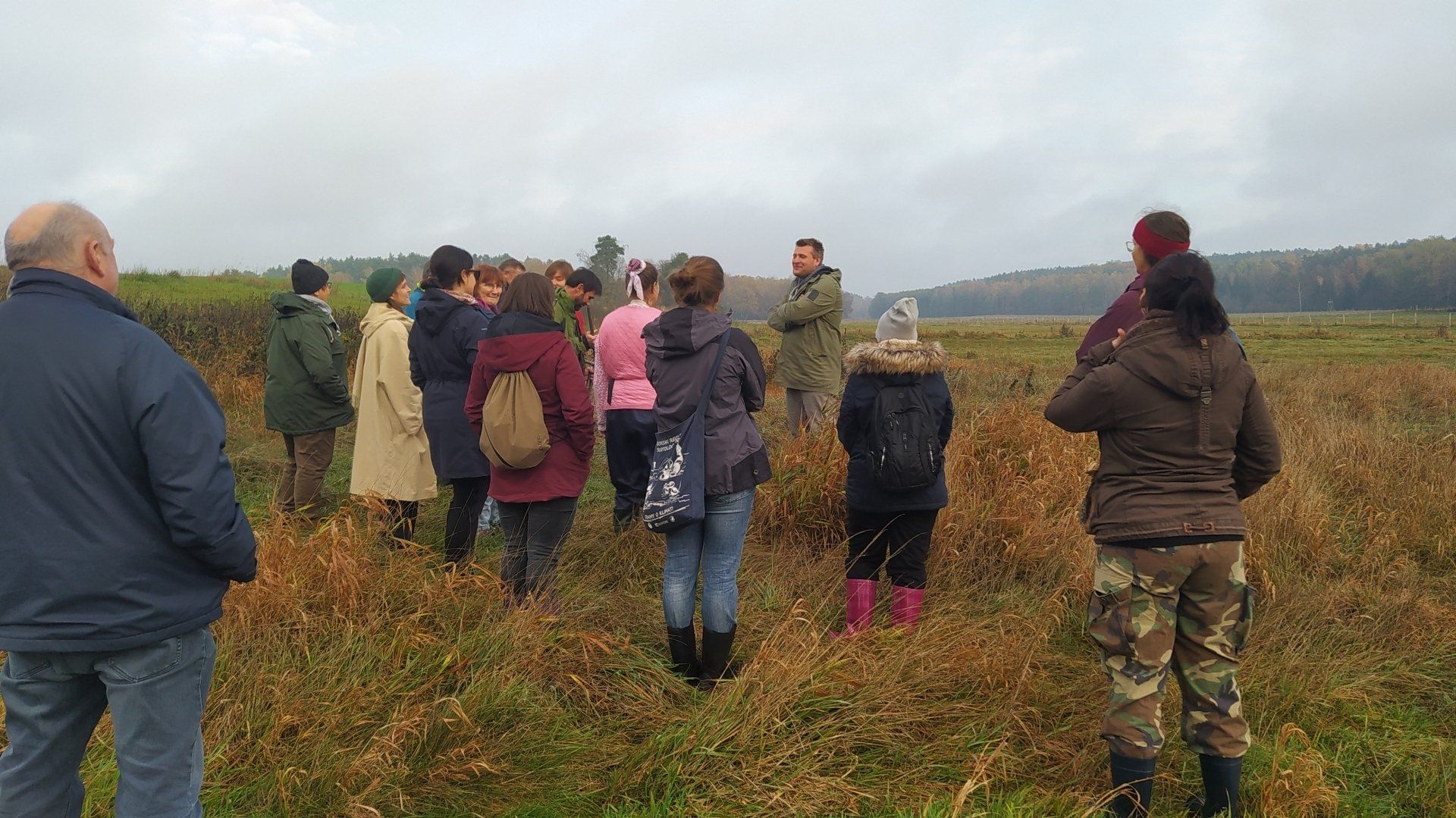
In 2022 CCB has started working on comparing national regulations for buffer zones and wetlands as extremely important measures to trap nutrient and carbon dioxide, limit the scale of floods, mitigate the effects of droughts and enhance local biodiversity.
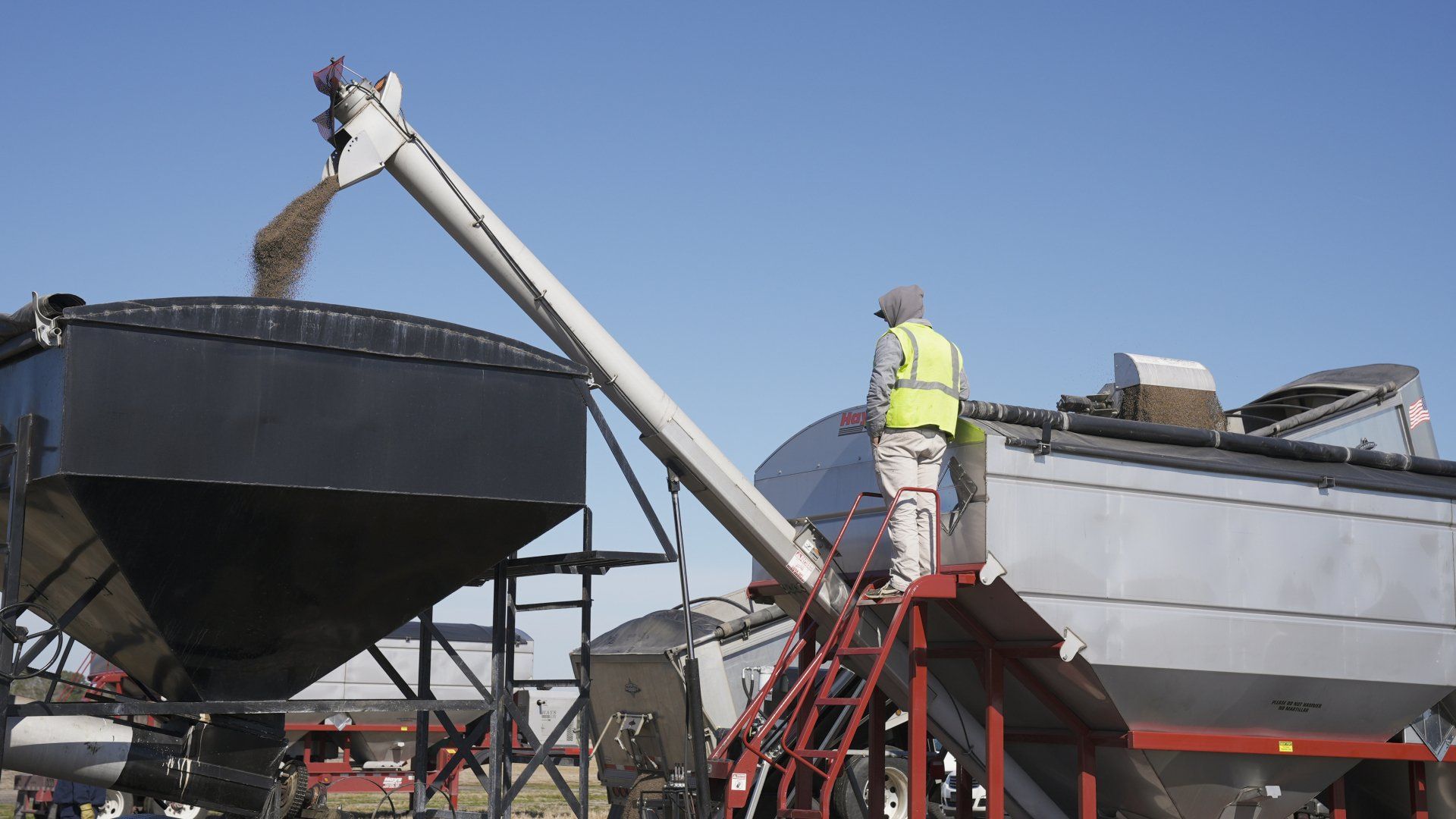
Im Anschluss an die Arbeit in den Jahren 2020–2021 organisierte CCB gemeinsam mit der John Nurminen Foundation am 17. Oktober 2022 in Uppsala und online einen informellen Konsultationsworkshop zum Management von Phosphogips-Deponien. Der Workshop richtete sich an Unternehmen, die solche Deponien in den Ostseeländern verwalten, an Wasserwirtschafts- und Umweltgenehmigungsbehörden der Ostseeländer, Vertreter der HELCOM-Vertragsparteien sowie HELCOM-Beobachter und Nichtregierungsorganisationen, die sich mit dem Gewässerschutz im Zusammenhang mit Phosphogips befassen.
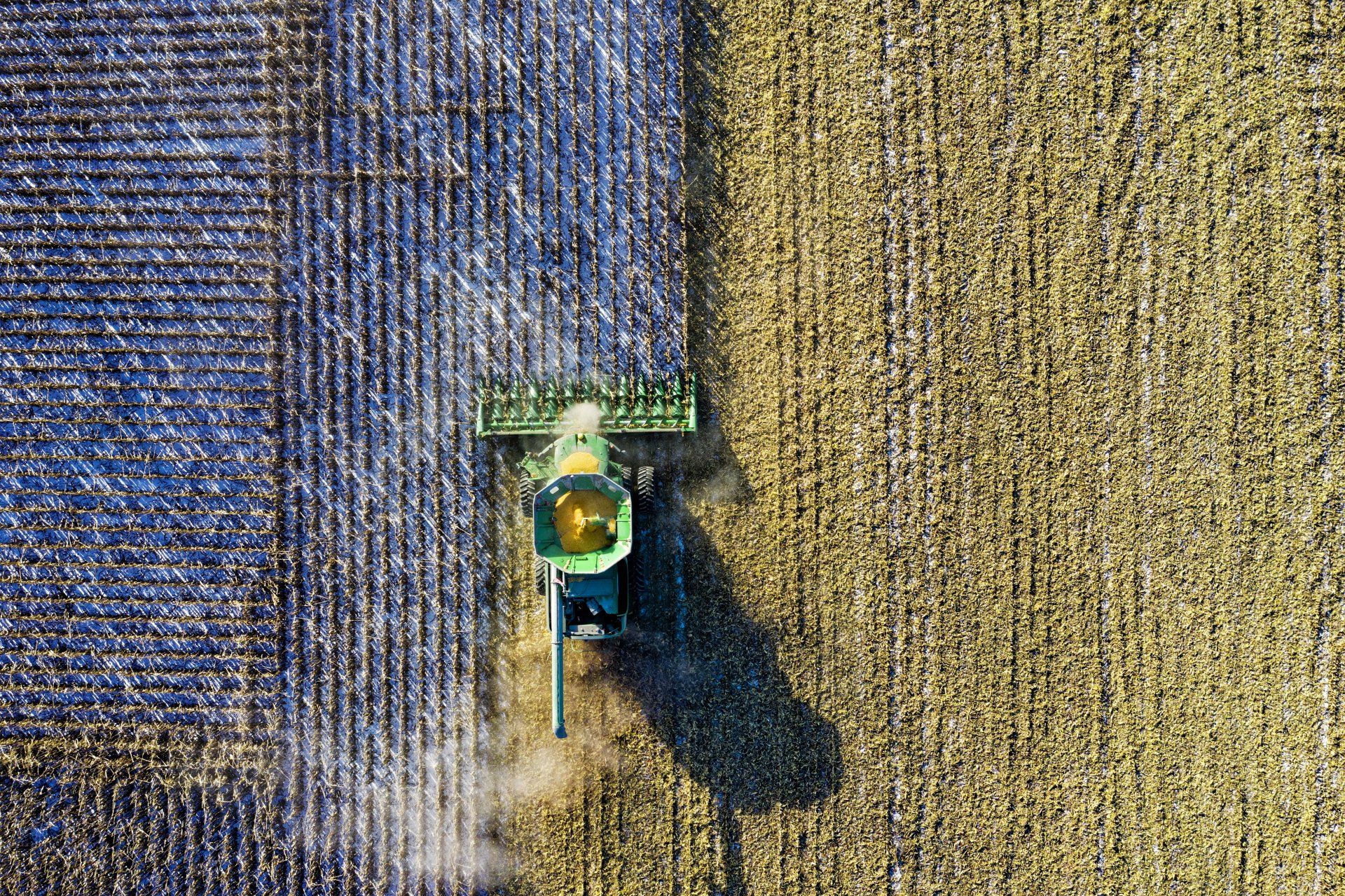
In 2022 CCB started undertaking analysis of the revised Baltic Sea Action Plan and HELCOM Annex 3 part 2 on how water protection measures in agriculture, especially buffer zones, will contribute to achieving GES (Good Environmental Status) of Baltic rivers and the Baltic Sea under the Water Framework Directive (WFD) and the Marine Strategy Framework Directive (MSFD).

CCB’s experts continued actively taking part in the Water Working Group of the European Environmental Bureau (EEB) promoting at the European level the BSR work on water issues.

Im August 2022 äußerte das CCB seine Besorgnis und schickte einen Brief an HELCOM und ICPO bezüglich der sich entlang der Oder ausbreitenden schweren Verschmutzungsvorfälle.


